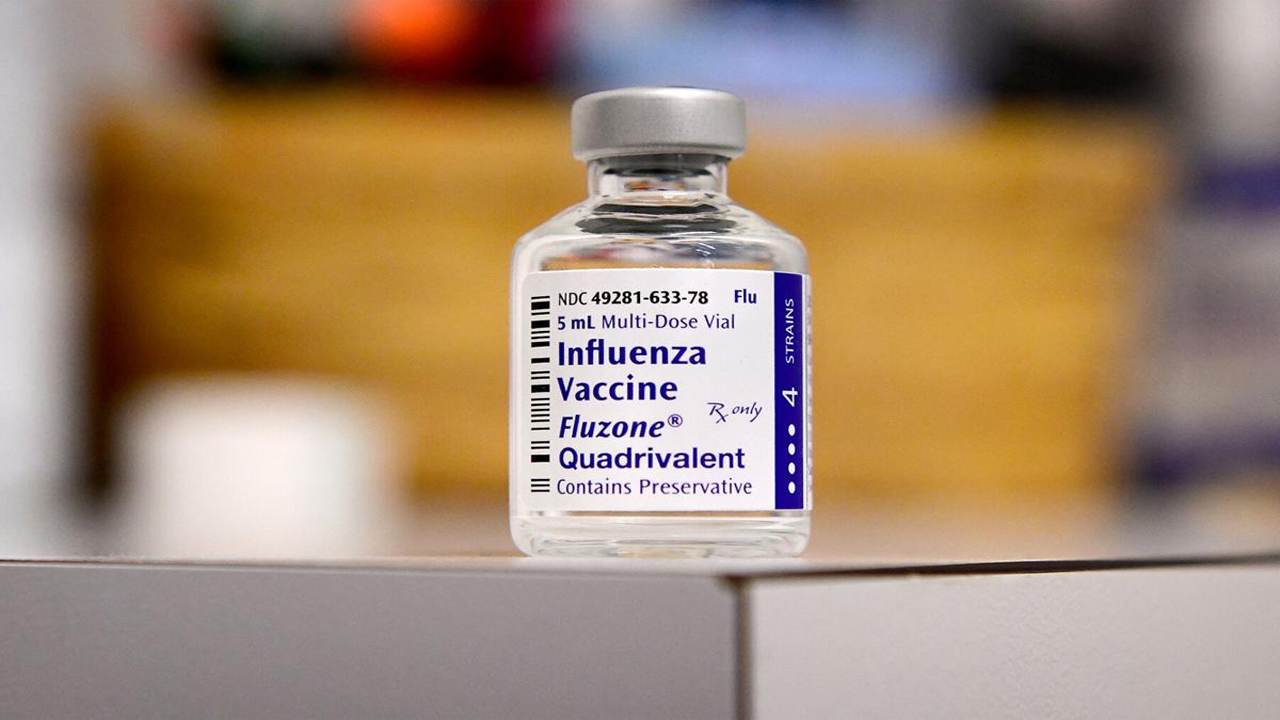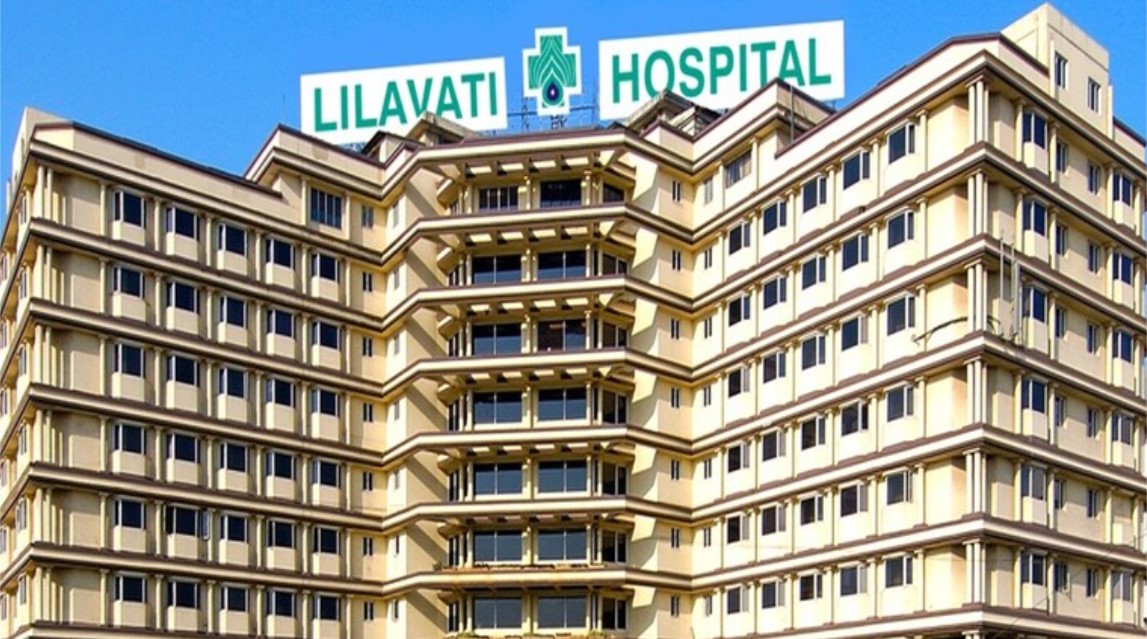The European Commission has granted marketing authorization for Supemtek®, a quadrivalent (four-strain) recombinant influenza vaccine, for the prevention of influenza in adults aged 18 years and older. Supemtek is the first and only recombinant influenza vaccine now approved in the European Union.
Supemtek is produced using recombinant technology, which allows an exact match to the key component of the influenza strains recommended by the World Health Organization, avoiding the risk of viral mutations. Supemtek also contains three times more antigen than both egg-based and cell-based standard-dose vaccines.
This increased amount of antigen and the use of recombinant technology provide improved protection against influenza, particularly in those aged 50 and older. In comparison with a standard-dose egg-based quadrivalent influenza vaccine, Supemtek reduced the risk of influenza by an additional 30% for adults aged 50 years and older.
The authorization is based on clinical data demonstrating the safety, immunogenicity, and efficacy of Supemtek in two Phase 3 randomized controlled trials involving more than 10,000 patients in total. Specifically, the relative efficacy of Supemtek was demonstrated in Phase 3 multicenter (40 outpatient centers in the US, involving more than 9,000 adults), randomized controlled efficacy trial.
“In the context of the COVID-19 pandemic, preventing influenza remains a public health priority,” said Thomas Triomphe, Head of Sanofi Pasteur. “Today’s approval of Supemtek supports our strong commitment to advancing influenza vaccine technology. With Supemtek, we provide European health authorities with an additional innovative solution that has demonstrated increased ability to prevent influenza and its potentially severe complications, as well as the burden this causes on healthcare systems.”
Each year, influenza-associated deaths range from 290,000 to 650,000 globally, and the burden on hospitals is around 10 million influenza-related hospitalizations. Recent data also show that influenza can multiply the risk of heart attack by up to 10 times, and the risk of stroke by up to 8 times, in the week after influenza infection – demonstrating that the burden of influenza goes beyond its well-known respiratory complications.
The first European launches are expected for the 2022/2023 influenza season, with a possibility of accelerating the availability of doses as early as the 2021/2022 season in certain countries. Outside of the EU, Supemtek is also approved in the U.S. under the tradename Flublok Quadrivalent®.
About the recombinant technology
The recombinant technology is a new way of producing influenza vaccines which differ significantly from the two other technologies currently in use (egg-based and cell-based technologies) as it avoids the risk of viral mutations that can lower vaccine efficacy. It ensures the exact match to the key component of the influenza strains recommended by the World Health Organization every year for producing influenza vaccines.
In an independent systematic review published in October 2020, the European Center for Disease Prevention notes that “the recombinant haemagglutinin was found to provide a greater protective effect against overall influenza compared with no vaccination and with traditional influenza vaccination … this effect may be attributable to either the restriction of mutations seen with egg-based vaccines or the higher dose of antigen seen in this type of influenza vaccine”.
The recombinant technology is also used for the development of one of Sanofi’s vaccines against COVID-19, developed in partnership with GSK and with the support of the US Biomedical Advanced Research and Development Authority (BARDA). The Companies announced the start of the Phase 1/2 clinical trial for their adjuvanted recombinant COVID-19 vaccine candidate in September and anticipate first results in December 2020, to support the initiation of a pivotal Phase 3 study before the end of the year. If these data are sufficient for licensure application, Sanofi and GSK plan to request regulatory approval in the first half of 2021.
Increased production of seasonal influenza vaccines in the unique context of the COVID-19 pandemic
As the leading manufacturer of influenza vaccines, Sanofi Pasteur, the vaccines global business unit of Sanofi, is supporting health authorities in their efforts to strengthen influenza vaccination campaigns in the unique context of COVID-19. For the 2020/2021 influenza season, the Company is delivering globally 20% more doses of flu vaccines, reaching an unprecedented production level of 250 million doses, across its influenza vaccine portfolio which includes a wide range of vaccines (standard doses and differentiated vaccines) that are proven to protect people of all ages from the risks of influenza.

 The European Commission has granted marketing authorization for Supemtek®, a quadrivalent (four-strain) recombinant influenza vaccine, for the prevention of influenza in adults aged 18 years and older.
The European Commission has granted marketing authorization for Supemtek®, a quadrivalent (four-strain) recombinant influenza vaccine, for the prevention of influenza in adults aged 18 years and older.



















.jpeg)










.jpg)
.jpeg)